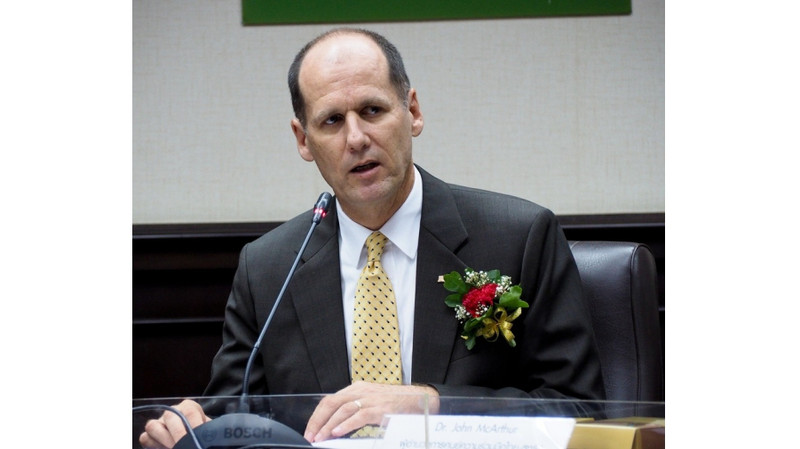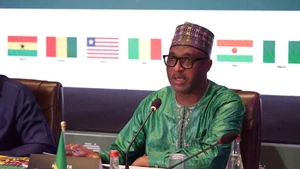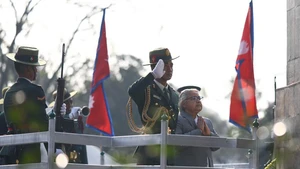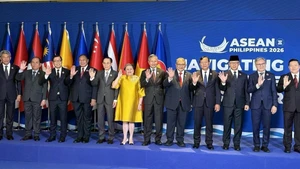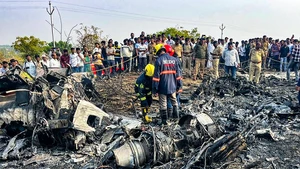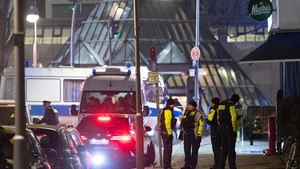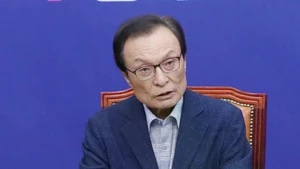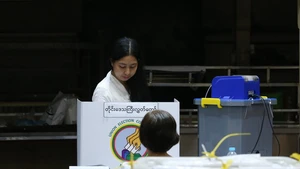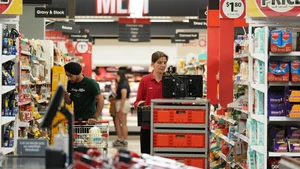According to Dr. John MacArthur, Vietnam plays an important role in ASEAN, plays a leadership role in the Global Health Security Agenda, and meets the conditions for the US to set up a regional CDC office in Vietnam.
“I want to highlight that, when talking about CDC’s 70-plus-year relationship in Southeast Asia, it actually began with a trip from malaria experts from CDC to Vietnam to work in the northern part of the country on malaria control. We value our longstanding relationship with the people of Vietnam and we also value the 23-year history of our bilateral office here in Vietnam.
We also recognise that Vietnam plays a leadership role in ASEAN. It also plays a leadership role in the Global Health Security Agenda, having led one of the action packages for that agenda. The government has been very welcoming and supportive in working with us. I mentioned we had the deputy prime minister, the vice minister of foreign affairs, and the health minister all in attendance at our launch on Wednesday, and I think that this shows the strong, strong political commitment we have.” said John MacArthur.
The regional office will build on relationships with regional partners, support countries in the region that previously had limited CDC presence, and enhance cross-country collaborations. The regional office will work to strengthen core health security capacities in areas such as surveillance, data use, laboratory science, workforce development, and emergency preparedness.
Earlier, at the opening ceremony of the US Center for Disease Control and Prevention’s Southeast Asia Regional Office in Hanoi on August 25, US Vice President Kamala Harris said "We are working to train health professionals in the field of epidemiology, and the training programme ‘disease detectives’ has actually been in place in Asia since 1980.".
“This is really an extremely important programme for developing the public health workforce, providing training for the epidemiologists who respond to these disease outbreaks.
We’re happy to say that there is the ASEAN+3 Field Epidemiology Training Network here in the region, and this is run through ASEAN, as a means for all these ASEAN programs to be networked together and learn from one another. With the launch of this Regional Office, we will work with our key partners in workforce development and field epidemiology training, because we want to build their capacity and use their network throughout the Southeast Asian states.” said John MacArthur.
“Vietnam was selected as a regional platform because of the successful relationships and the infrastructure developed through programs that we’ve had for many years here in the country, including PEPFAR (the President’s Emergency Plan for AIDS Relief) and our global health security work. We recognise that Vietnam is an active participant in regional bodies such as ASEAN. They have been very active in the Global Health Security Agenda as well. The Vietnam Ministry of Health is supportive of this regional focus of the CDC is very interested in working with us.”
“The US thus far has donated over 23 million vaccines for emergency health and humanitarian assistance across ASEAN, including sending 6 million doses here to Vietnam. We’ve also pledged US$500,000 to the ASEAN COVID-19 Response Fund, which will support the purchase of additional vaccines. And finally, while maybe not quite specific to Vietnam or even Southeast Asia, the United States has pledged 500 million additional Pfizer vaccines for distribution through the COVAX mechanism, which is the single largest vaccine donation in history and essentially half of the G7’s commitment thus far.”.
The CDC Southeast Asia Regional Office builds upon the collaboration between our governments and the unity that Southeast Asia has demonstrated during the pandemic, and also through organisations such as ASEAN.
